Chairs and Speakers
Symposium, Workshop and Forum
Program Director
Ranjan Duara, MD, MRCP, FAAN
Dr. Ranjan Duara is the Medical Director and Dennis C. Cole Family Chair in Alzheimer’s Disease Research at the Wien Center for Alzheimer’s Disease and Memory Disorders at Mount Sinai Medical Center in Miami Beach. He is a Professor of Neurology at the Herbert Wertheim College of Medicine (Department of Neurology) at Florida International University and Courtesy Professor of Neurology, University of Florida College of Medicine. He completed internal medicine and neurology residencies in India, the United Kingdom and at Thomas Jefferson University Hospital in Philadelphia, and did a fellowship in neuroscience and neuroimaging at NIH.
Dr. Duara’s research has focused primarily on early diagnosis of Alzheimer’s disease and other dementias, neuroimaging, genetic epidemiology and the methodology for staging the transition from normal cognitive aging to dementia. He has contributed to over 200 articles in peer-review scientific journals as well many book chapters.
He is the Principal Investigator for the State of Florida Alzheimer’s Disease Initiative Brain Bank and Associate Director of the 1FLORIDA Alzheimer’s Disease Research Center. He has also been an investigator in numerous clinical trials of novel agents for the treatment of Alzheimer’s Disease.
SYMPOSIUM KEYNOTE PRESENTERS

Henrik Zetterberg, MD, PhD
Dr. Henrik Zetterberg is a Professor of Neurochemistry at the University of Gothenburg, Sweden, and University College London, UK, and a Clinical Chemist at Sahlgrenska University Hospital in Gothenburg. He is Head of the Department of Psychiatry and Neurochemistry at the University of Gothenburg and leads the UK DRI Fluid Biomarker Laboratory at UCL.
Dr. Zetterberg’s main research focus and clinical interest are fluid biomarkers for central nervous system diseases, Alzheimer’s disease in particular. He has published more than 1200 papers and has received numerous awards.
Dr. Zetterberg will also chair Session I of the Symposium.
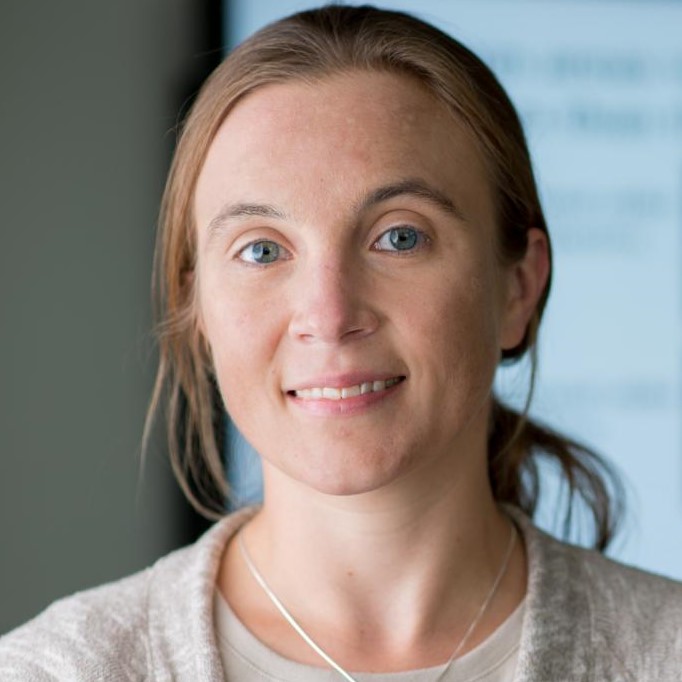
Shannon Risacher, PhD
Dr. Shannon Risacher received the BS degree in psychology from Indiana University-Purdue University Indianapolis, and the PhD degree in medical neuroscience from the Indiana University School of Medicine. She is an assistant professor of radiology and imaging sciences with the Indiana University School of Medicine.
Her main research interests involve evaluating imaging and non-imaging biomarkers of Alzheimer’s disease (AD) for utility in early detection and diagnosis. In particular, she is interested in evaluating which biomarkers are most sensitive in the earliest stages of disease, both for detecting pathophysiological changes and for predicting future clinical outcomes. She is primarily focused on structural, functional, and molecular imaging biomarkers of AD, but has an additional interest in novel biomarkers such as sensory and perceptual tests
Dr. Risacher will also chair Session II of the Symposium.

Costantino Iadecola, MD
Dr. Costantino Iadecola is the Director and Chair of the Feil Family Brain and Mind Research Institute and the Anne Parrish Titzell Professor of Neurology at Weill Cornell Medicine. His research focuses on the basic mechanisms of neurovascular function and on the cellular and molecular alterations underlying ischemic brain injury, neurodegeneration and other conditions associated with cognitive impairment.
A pioneer in establishing the concept of neurovascular unit, Dr. Iadecola has championed the involvement of neurovascular dysfunction in neurodegenerative diseases, and the role of innate immunity and the microbiome in ischemic brain injury. He has published over 390 papers in peer-reviewed journals and plays a leadership role in research organizations and funding agencies in the US and abroad. He has been involved, as editor or editorial board member, in several journals including Circulation research, Stroke, Hypertension, the Journal of Neuroscience, and the Annals of Neurology. Dr. Iadecola has received the McHenry Award from the American Academy of Neurology, two Jacob Javits Awards from the National Institutes of Health, the Willis Award-the highest honor in stroke research bestowed by the American Heart Association (AHA), the Zenith Fellow Award from the Alzheimer’s Association, the Excellence Award in Hypertension Research (Novartis) from the Hypertension Council of the AHA, and the Chancellor’s Award in Neuroscience from Louisiana State University. In 2015, he was elected to the Association of American Physicians. In 2018 and 2019, Clarivate Analytics listed Dr. Iadecola as one of world’s “Highly Cited Researchers” for ranking in the top one percent of the most-cited authors in the field of neuroscience and behavioral sciences. In 2019 Dr. Iadecola was elected Distinguished Scientist by the American Heart Association.
WORKSHOP KEYNOTE PRESENTER
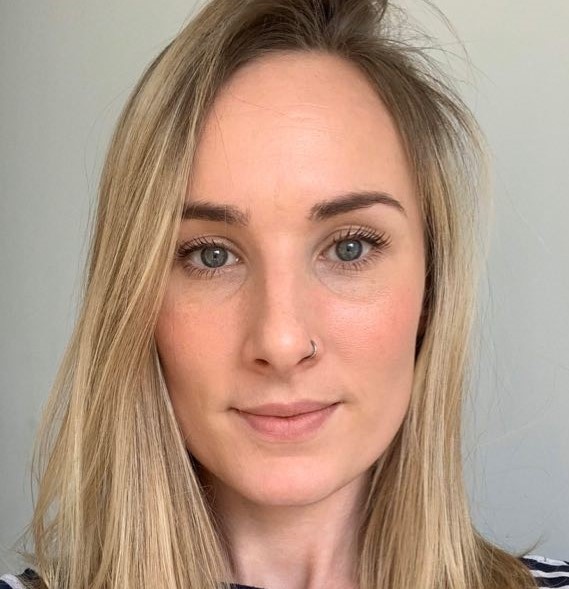
Emma Louise Anderson, PhD
Dr. Emma Louise Anderson is a Research Fellow at the Medical Research Council (MRC) Integrative Epidemiology Unit, University of Bristol, UK. She currently holds a post-doctoral fellowship from the MRC, which aims to improve causal inference in the life course etiology of dementia and cognitive decline. Her research focuses on applying causal inference methods such as Mendelian Randomization and offspring instrumental variable analyses to identify novel causal risk factors for dementia and cognitive decline. She also has an interest developing methods to address selection bias in Mendelian randomization studies. In addition to her fellowship, she is a co-applicant on a grant from an Alzheimer’s Research charity (BRACE), which uses genetic data to identify early-life determinants and causal environmental risk factors for Alzheimer’s disease.
Dr. Anderson completed her PhD in Epidemiology in 2014 at the University of Bristol.
SESSION I PRESENTERS
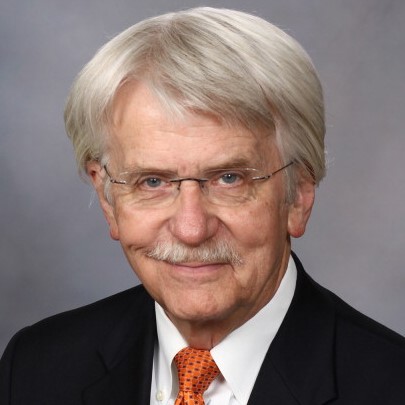
Ronald Petersen, MD, PhD
Dr. Ronald Petersen holds the Cora Kanow Professorship in Alzheimer’s Disease Research, and is a Mayo Clinic Distinguished Investigator at the Mayo Clinic. He was on the National Advisory Council on Aging, and the chair of the Advisory Council on Research, Care and Services for the National Alzheimer’s Project Act by the Secretary of the Department of Health and Human Services.
Dr. Petersen is a recipient of the 2004 MetLife Award for Medical Research in Alzheimer’s Disease, and the 2005 Potamkin Prize for Research in Pick’s, Alzheimer’s and Related Disorders of the American Academy of Neurology.
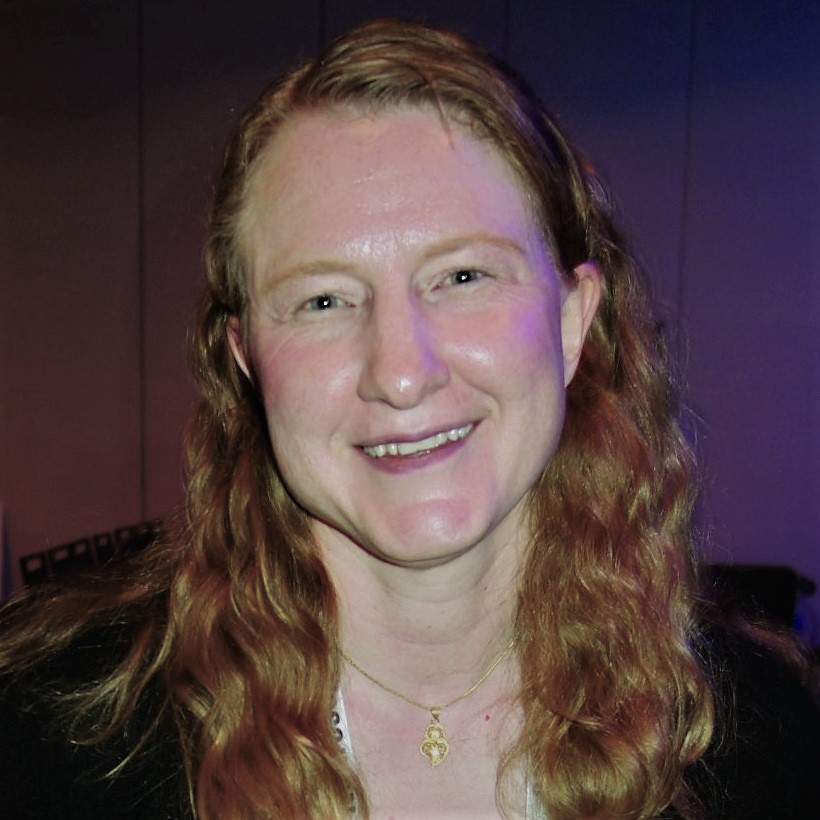
Suzanne Schindler, MD, PhD
Dr. Suzanne Schindler is a clinical neurologist and neuroscientist who performs research on Alzheimer disease. She completed the MD/PhD program, neurology residency and dementia fellowship at Washington University in St. Louis.
Currently Dr. Schindler sees patients with memory concerns in a weekly clinic and attends on the inpatient neurology consult service. Dr. Schindler has received a career development award from the National Institute on Aging to study cerebrospinal fluid biomarkers of Alzheimer’s disease. The primary focus of her work is on predicting if and when cognitively normal individuals will develop symptoms of Alzheimer disease dementia.

Oskar Hansson, MD, PhD
Dr. Oskar Hansson is an international leader in dementia research. He is a neurology professor at Lund University and serves as a consulting neurologist at Skåne University Hospital.
During the last 20 years, Dr. Hansson has conducted clinical and translational research focusing on the earliest phases of Alzheimer’s and Parkinson’s diseases. His research has led to over 250 original research articles,in journals such as JAMA, Nature Medicine, Lancet Neurology, Nature Communications, JAMA Neurology, JAMA Psychiatry, and Brain. He has built a creative and multi-disciplinary research team and leads the Swedish BioFINDER Study. His research combines the study of well characterized patient cohorts with state-of-the-art biomedical and biophysical techniques, most notably in brain imaging.
Dr. Hansson earned his doctorate in neurobiology, a medical degree, and additional training as a neurology specialist at Lund University.

Mohammad Arfan Ikram, MD, PhD
Dr. Mohammad Arfan Ikram is Professor and Chair of Epidemiology at the department of Epidemiology, Erasmus MC Rotterdam, the Netherlands. He is also adjunct professor of Epidemiology at the Harvard Chan School of Public Health. He is principal investigator of the Rotterdam Study, in which his research focuses on dementia and Alzheimer’s disease. He is also a key collaborator in the CHARGE (Cohorts for Heart and Aging Research in Genomic Epidemiology) consortium.
His research focuses on investigating the etiology of neurologic diseases in the elderly, with a particular focus on dementia, Alzheimer disease, cognition and brain imaging. The main areas of research are to elucidate the earliest signs of brain diseases, before clinical symptoms are present, and to understand how these lead to clinical manifestation of disease. Moreover, he is interested in preclinical signs that can be used to identify persons at highest risk of developing disease. To this aim he has used data from the large population-based Rotterdam Study and Rotterdam Scan Study that have followed nearly 15,000 persons for a period of nearly 25 years. A main focus on his research has been the use of MRI-imaging to understand brain disease. Also, he has used neuropsychological testing, genome-wide, exome chip, DNA-methylation and sequencing technologies, and recently electronic gait assessments. Not only is he interested in how these pre-clinical markers lead to clinical disease, he also wants to disentangle the intricate relationships between these markers.
He has published over 400 international scientific papers (H-index = 51) and currently heads a research group of 13 PhD-students, 3 post-docs, 3 MSc-students, and 5 research staff.

Elisabeth Thijssen, MSc
Elisabeth Thijssen is a 4th year PhD candidate in Neurochemistry at Amsterdam UMC in the Netherlands. She performed a significant part of her research at UCSF in San Francisco, where she worked on the diagnostic value of plasma phosphorylated tau for the diagnosis of Alzheimer’s disease, published in Nature Medicine. Her focus is on blood-based biomarkers for Alzheimer’s disease and other forms of dementia, in an effort to find a low-invasive diagnostic.
Elisabeth holds a Master’s degree in Pharmaceutical Sciences with an additional honors degree from Utrecht University, the Netherlands. She performed research on medical nutrition for Alzheimer’s disease. Later, she worked on the set-up of a clinical trial at the Dutch consulate in San Francisco in collaboration with Stanford Center for Longevity. In her spare time, Elisabeth enjoys kickboxing and exploring Amsterdam.
SESSION II PRESENTERS

Beth Snitz, PhD
Dr. Beth Snitz is a neuropsychologist with research expertise in risk factors for dementia and cognitive decline in aging. Currently, she is associate professor of Neurology at the University of Pittsburgh School of Medicine. She received her doctoral degree in clinical psychology from the University of Minnesota.
Dr. Snitz is involved in clinical, neuroimaging and epidemiologic studies investigating cognitive aging across the normal and pathologic spectrum. She is a co-investigator with the University of Pittsburgh Alzheimer’s Disease Research Center, Clinical Core Leader for the ADRC-affiliated PiB-PET Program Project Grant, and co-investigator on the Monongahela-Youghiogheny Healthy Aging Team (MYHAT) Study, a population study of MCI in southwest Pennsylvania.
Dr. Snitz’s current research focuses on boundaries between normal and pathologic cognitive aging, including mild cognitive impairment, cognitive correlates of amyloid imaging in normal aging, and subjective cognitive complaints in clinic and community.

John Breitner, MD
Dr. John Breitner has devoted his career to the study of Alzheimer’s disease (AD), its risk factors, and their implications for its prevention. Although an expert clinician, he is better known as a researcher. His early work on familial aggregation in AD evolved to twin studies of heritability and environmental risk factors. He then founded the Cache County Study of Memory in Aging, a longitudinal investigation of genetic and environmental antecedents of AD, which has produced over 100 scientific papers. More recently he was Chair of the randomized placebo-controlled Alzheimer’s Disease Anti-inflammatory Prevention Trial (ADAPT) that evaluated two nonsteroidal anti-inflammatory drugs for primary prevention of AD in healthy elderly. As that trial winds down, he recently joined the McGill faculty to establish the new StoP-AD Centre at the Douglas. This Centre is devoted to identification and quantitation of AD markers in the pre-symptomatic stage of the disease, and to preliminary testing of experimental strategies for that may prevent progression of pre-symptomatic disease to dementia.
Dr. Breitner is has mentored more than 15 individuals who have gone on to tenure-track academic positions, nine of these whom have independent NIH funding, 3 are now Chairs and one the Executive Editor of a leading Alzheimer’s disease journal.

William Charles Kreisl, MD
Dr. William Charles Kreisl received his medical degree at Virginia Commonwealth University before completing Neurology residency training at Weill Cornell. At Cornell, he became interested in neuroimaging, which led him to pursue a Clinical Research Fellowship at the NIH Intramural Research Program, where he trained under Bob Innis before being promoted to an Assistant Clinical Investigator position at the National Institute of Mental Health. It was at NIH where Dr. Kreisl developed expertise in clinical PET imaging and in 2014 he came to Columbia as the Boris and Rose Katz Assistant Professor of Neurology. He has since created his own neuroimaging lab, focusing on PET imaging in neurodegenerative diseases, which also supports several other investigators on campus.

Peter Van Wijngaarden, MD
Dr. Peter van Wijngaarden is an ophthalmologist with research interests in Alzheimer’s disease and retinal imaging biomarker discovery. He is Deputy Director of the Centre for Eye Research Australia and Associate Professor of Ophthalmology at the University of Melbourne.
After completing Medicine at Monash University, Peter undertook a PhD in retinal vascular biology at Flinders University, South Australia. He pursued ophthalmology training in Victoria before undertaking a post-doctoral research fellowship in central nervous system regeneration in multiple sclerosis with Professor Robin Franklin at the University of Cambridge, UK.
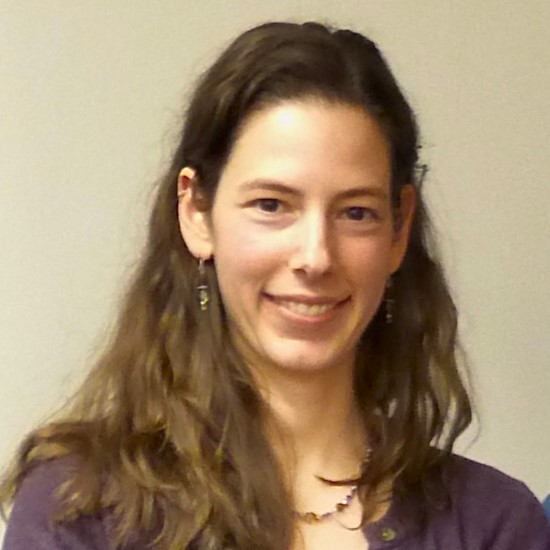
Willa Brenowitz, PhD, MPH
Dr. Willa Brenowitz is an Assistant Professor in the UCSF’s Department of Psychiatry and Behavioral Sciences. She received her PhD in epidemiology and MPH in health services from the University of Washington School of Public Health where she worked at the National Alzheimer’s Coordinating Center.
Dr. Brenowitz is broadly interested in understanding the role of multimorbidity in cognitive decline and in using novel statistical and epidemiologic approaches to enhance causal inference. Her current research focuses on evaluating the relationships between sensory impairments (including hearing and vision loss) and dementia in older adults. In particular, she is interested in identifying whether sensory impairments are causal risk factors for dementia or early clinical symptoms of underlying pathology.
SESSION III CHAIR AND PRESENTERS
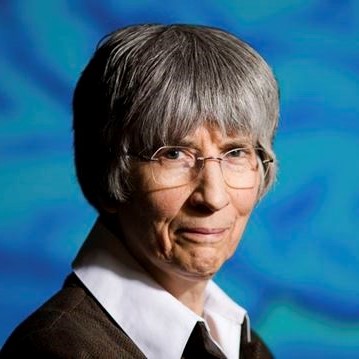
Sandra Black, MD, FRCP(C)
Dr. Sandra Black, MD, FRCP(C) is an internationally renowned cognitive and stroke neurologist who holds the inaugural Brill Chair in Neurology, Department of Medicine, University of Toronto and Sunnybrook Health Sciences Centre. A leading clinical trialist in dementia, she is the current Executive Director of the Toronto Dementia Research Alliance, a multi institutional collaborative network of memory programs at the University of Toronto involving Baycrest, Centre for Addiction and Mental Health, St. Michael’s Hospital, Sunnybrook HSC and Toronto Western Hospital, UHN. She is also the Sunnybrook Site Director of the Heart & Stroke Foundation Canadian Partnership for Stroke Recovery and the Hurvitz Brain Sciences Research Program Director at Sunnybrook Research Institute. In 2011 she was named to the Order of Ontario, cited as an assiduous physician leader and influential architect of the Ontario Stroke System.
Dr. Black has authored/co-authored over 450 papers in a 25-year research career that has bridged dementia and stroke, using neuroimaging to study brain behavior relationships, with a recent focus on interactions of Alzheimer’s and silent stroke disease. She has earned numerous mentorship and research awards, and elected to the Royal Society of Canada in 2012. In 2015 she received the U of T Faculty of Medicine Dean’s Alumni Lifetime Achievement Award and was appointed an Officer to the Order of Canada for her contributions to Alzheimer’s disease, stroke and vascular dementia.
Dr. Black will chair Session III.
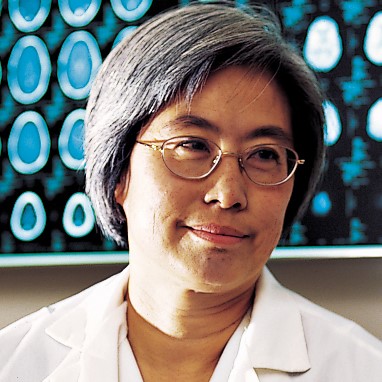
Helena Chang Chui, MD
Dr. Helena Chang Chui is internationally recognized for her research in Alzheimer disease and vascular cognitive impairment. She is the principal investigator for the NIA-funded Alzheimer Disease Research Center, as well as a multi-institutional program project on vascular dementia.
Dr. Chui is the author of over 120 publications and has served on the editorial board for Stroke, Alzheimer Disease and Associated Disorders, and Archives of Neurology. She holds the Raymond and Betty McCarron endowed Chair at the Keck School of Medicine and serves as the Chair of the Department of Neurology.
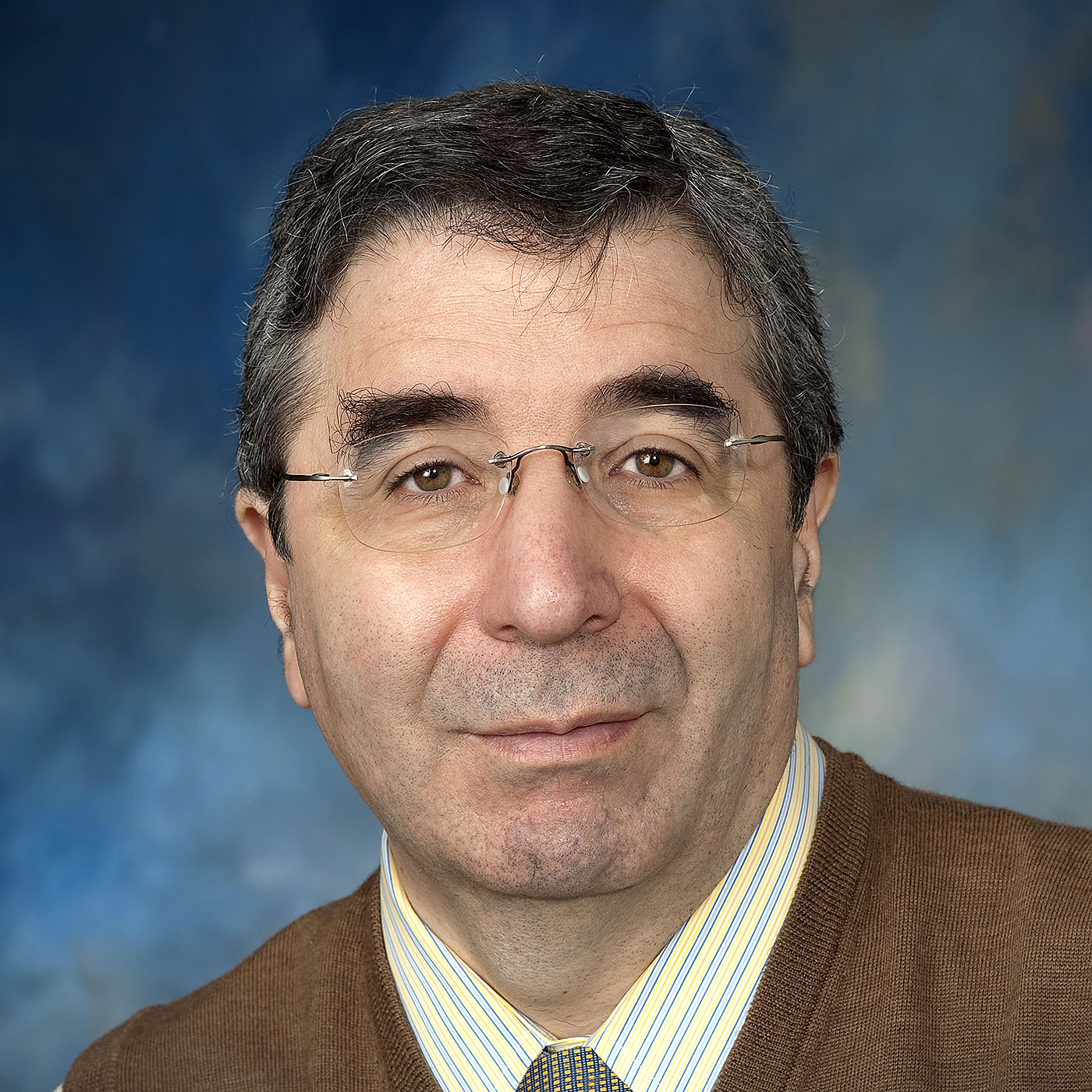
Oscar Lopez, MD
Dr. Oscar Lopez is Professor of Neurology, Psychiatry, and Clinical and Translational Sciences, Levidow – Pittsburgh Foundation Endowed Chair in Alzheimer’s Disease and Related Dementias, Director of the Alzheimer’s Disease Research Center and Chief, Cognitive and Behavioral Neurology Division at the University of Pittsburgh School of Medicine.
Dr. Lopez’ primary research interest has focused on the distribution (incidence and prevalence), behavioral manifestations, risks, and long-term outcomes of dementia, especially Alzheimer’s disease (AD). His key objectives have been to identify clinical or genetic factors that modify the natural history of dementing illnesses. He has published classic papers examining the patterns of progression of all clinical forms of AD. He has examined the effect of psychiatric drugs, and dementia medication on the progression of AD. He has pioneered long-term studies of the use of dementia medications. He has reported that the long-term use of cholinesterase inhibitors alone or in combination with memantine decreased the risk of nursing home admission, but not death. Dr, Lopez is a coauthor of The American Psychiatric Association Practice Guideline on the Use of Antipsychotics to Treat Agitation or Psychosis in Patients with Dementia.

Melissa Lamar, PhD
Dr. Melissa Lamar is a full-time Cognitive Neuroscientist within the Rush Alzheimer’s Disease Center and a licensed Clinical Neuropsychologist and an Associate Professor in the Department of Psychiatry and Behavioral Sciences at the Rush University Medical Center. She received her PhD in
Clinical Neuropsychology from Drexel University and completed her postdoctoral training in Cognitive Neuroscience within the intramural program of the Laboratory of Behavioral Neurosciences at the National Institute on Aging. She worked at the Institute of Psychiatry King’s College London and the University of Illinois at Chicago prior to joining the Rush faculty in 2016.
Dr. Lamar’s research focuses on cardiovascular disease risk factors, brain aging and cognition with a particular focus on Latinos and African Americans. She employs novel neuroimaging and data analytic techniques to identify modifiable factors associated with health disparities in brain aging in order to increase health equity. Additionally, she incorporates translational tasks and digital technology into her work assessing cognitive functioning in order to strengthen the accuracy of her work, and detect subtle alterations in behavior and their roots in brain.
Dr. Lamar has published extensively on brain-behavior profiles of risk and disease in aging and has received numerous honors and awards for her work including Fellows status of the American Psychological Association and the Arthur Benton Award for Mid-Career Research from the International Neuropsychological Society.

Tatjana Rundek, MD, PhD
Dr. Tatjana Rundek is a Professor of Neurology, Epidemiology and Public Health with tenure, Vice Chair of Clinical Research, and Director of the Clinical Translational Research Division in the Department of Neurology of the University of Miami, Miller School of Medicine. She holds a secondary faculty appointment at the Department of Neurology at Columbia University in New York.
Dr. Rundek is a stroke neurologist, clinical researcher and principal investigator of several NIH/NINDS funded R01 grants on genetic determinants of carotid atherosclerosis and stroke. Dr. Rundek is a recipient of a NINDS K24 Midcareer development award. She participates in large stroke genetic consortia including the NINDS Stroke Genetic Network and International Stroke Genetic Consortium. Dr. Rundek was a Fulbright Scholar and the recipient of the research awards from the Hazel K. Goddess and the Dr. Gilbert Baum Funds.
Dr. Rundek serves on the editorial boards of several scientific journals including Stroke, Neurology, Journal of Ultrasound in Medicine and Cerebrovascular Diseases. She has published over 210 scientific publications, editorials, reviews, and book chapters. She is a fellow of the American Neurological Association, a member of the American Heart Association and American Academy of Neurology. She is past President of the Neurosonology Communities of Practice of the American Institute in Ultrasound in Medicine, the largest professional medical ultrasound organization in the U.S. Dr. Rundek serves on the Intersocietal Accreditation Commission (IAC) Vascular Testing Board of Directors, a national organization that accredits clinical echocardiography, nuclear/PET, MRI, CT and Dental laboratories and carotid stenting programs.
WORKSHOP CHAIR AND PRESENTERS
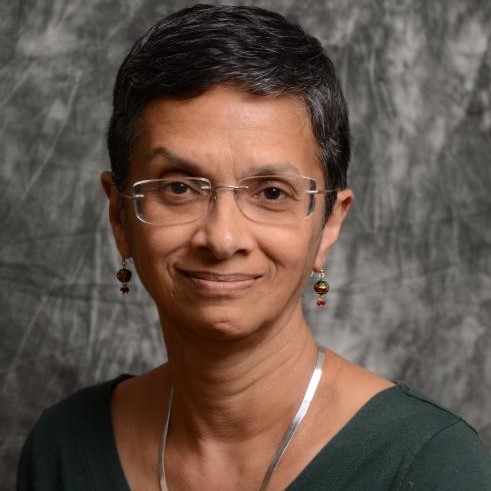
Mary Ganguli, MD, MPH
Dr. Mary Ganguli is a geriatric psychiatrist and psychiatric/ neuroepidemiologist at the University of Pittsburgh, where she teaches residents, fellows, and graduate students. She provides geriatric psychiatry outpatient services at the University of Pittsburgh Medical Center.
Dr. Ganguli has been conducting population-based studies of cognitive impairment and dementia since 1987. She served on the Neurocognitive Disorders Work Group of DSM-5 and is a member of the AAN Practice Parameter Work Group on MCI. She previously served on the National Advisory Council on Aging.
Dr. Ganguli is Associate Editor of the Journal of the American Geriatrics Society and of International Psychogeriatrics, and an Editorial Advisory Board member of Alzheimer Disease and Associated Disorders
Dr. Ganguli will chair the Workshop.

Brandy Callahan
Dr. Brandy Callahan is an Assistant Professor of Psychology at the University of Calgary and a Full Member of the Hotchkiss Brain Institute. She holds a Tier II Canada Research Chair in Adult Clinical Neuropsychology and is licensed to practice clinical neuropsychology in Alberta, Ontario and Quebec.
Her research contributes to improving diagnosis of neurocognitive disorders in adult and geriatric individuals, particularly those who have conditions that may mimic, mask or alter signs of dementia, or increase risk for future decline. A current major focus of her work is clarifying the manifestations and causes of cognitive impairment in older adults with ADHD, specifically in relation to prodromal dementia. Her research integrates neuropsychological and neuroimaging assessment measures, as well as biomarker data to inform mechanisms of disease.

Megan Zuelsdorff, PhD
Dr. Megan Zuelsdorff is an Assistant Professor in the School of Nursing at the University of Wisconsin-Madison. She is an epidemiologist with research interests in social-biological determinants of later-life cognitive health and disparities in dementia risk. She leads the Stress and Resilience in Dementia (STRIDE) study in the Wisconsin Alzheimer’s Disease Research Center, focused on clarifying stress-related physiological mechanisms that link adverse life course social and environmental exposures to brain aging and cognition trajectories across diverse older populations.
Dr. Zuelsdorff’s interdisciplinary research program is centered on understanding community-specific dementia risk factors, and the identification of personal, community, and policy-based resources that can reduce risk burden. Her work prioritizes research and action that improves inclusion of underrepresented communities in cognitive aging studies through accessible design, ongoing responsiveness to community stakeholders, and sustained service.

Miriam Rodriguez, PhD
Dr. Miriam Rodriguez is an associate professor at the department of Psychology at Albizu University, a minority serving institution of higher education located in Miami, FL. She is a licensed clinical neuropsychologist and is an affiliate researcher with the 1FL ADRC.
Through her collaboration with the 1FL ADRC, Dr. Rodriguez is the principal investigator of studies focused on the identification of multicultural factors that account for differences in the manifestation of AD symptoms, cognitive performance, and brain atrophy among Hispanic older adults. Specifically, Dr. Rodriguez’ work aims to identify factors such as acculturation level, literacy, years of education, and quality of education among Hispanic older adults and how they relate to cognitive performance and AD biomarkers. Additionally, Dr. Rodriguez aims to identify diagnostic tools, such as functional and cognitive measures, that more accurately captures the manifestation of AD among Hispanic older adults in the prodromal/early stages when treatment can be most effective.
Her methods of study include examination of neuropsychological performance and AD biomarkers including MRI imaging, amyloid (PET scan) imaging, and genetic biomarkers.

Hector González, PhD
Dr. Hector González is an Associate Professor in the Department of Neurosciences and Shiley-Marcos Alzheimer’s Disease Research Center in the School of Medicine at the University of California, San Diego. He is a licensed clinical neuropsychologist with clinical research training and experiences in Alzheimer’s disease and related dementias. Dr. González was a clinical research fellow and later co-investigator of the Sacramento Area Latino Study on Aging (SALSA), which is a landmark dementia study among Mexican-origin Latinos. He served as Principle Investigator of the Hispanic Community Health Study/Study of Latinos (SOL), Neurocognitive Reading Center, which is the largest study of Latino neurocognitive health and aging to-date.
Dr. González is PI of the Study of Latinos-Investigation of neurocognitive aging (SOL-INCA), which is a SOL ancillary study examining sociocultural, cardiometabolic and genomic risks of Mild Cognitive Impairment (MCI) and ADRD among diverse Latinos.

Henry Brodaty, AO, MB BS, MD, FRACP, FRANZCP
Dr. Henry Brodaty is the Scientia Professor of Ageing and Mental Health and Director of the Dementia Collaborative Research Centre at the University of New South Wales, in Sydney, and Director of the Aged Care Psychiatry at Prince of Wales Hospital, Randwick, NSW, Australia. He graduated bachelor of medicine and bachelor of surgery from the University of Sydney in 1970, was awarded a doctorate in medicine (by research) at the University of New South Wales, in 1985 and a Doctor of Science at UNSW in 2006. He is a Fellow of the Royal Australian & New Zealand College of Psychiatrists and a Fellow of the Royal Australasian College of Physicians.
A member of IPA since 1991, he served on the Board of Directors from 1994-2002. He was a founding executive member of the Faculty of Psychiatry of Old Age of the Royal Australian & New Zealand College of Psychiatrists.
Professor Brodaty has been very active with Alzheimer’s Associations. He helped found and was the first president of Alzheimer’s Australia New South Wales from 1982-1984 and again from 1988-1991. He served as chair of its Dementia Research Committee from its inception in 1984 to 2010. As a founding member of Alzheimer’s Disease International (ADI), Professor Brodaty served on the executive continuously until 2005, including being Chairman from 2002-2005, Vice-Chairman from 1998-2002, and chair of ADI’s Medical and Scientific Committee from 1993-2002.
Professor Brodaty has been the recipient of a number of research, community and service awards from the Australian government, the Royal Australian & New Zealand College of Psychiatry, the University of New South Wales, Rotary and IPA including being made an Officer of the Order of Australia in 2002 and the Distinguished Services to the Field of Psychogeriatrics Award from IPA in 2009.
The author of over 300 articles and book chapters, Professor Brodaty’s research interests lie in the fields of dementia caregivers, drug treatments for Alzheimer’s disease, behavioral and psychological symptoms of dementia (BPSD), nursing homes and epidemiology of cognitive health and decline.

